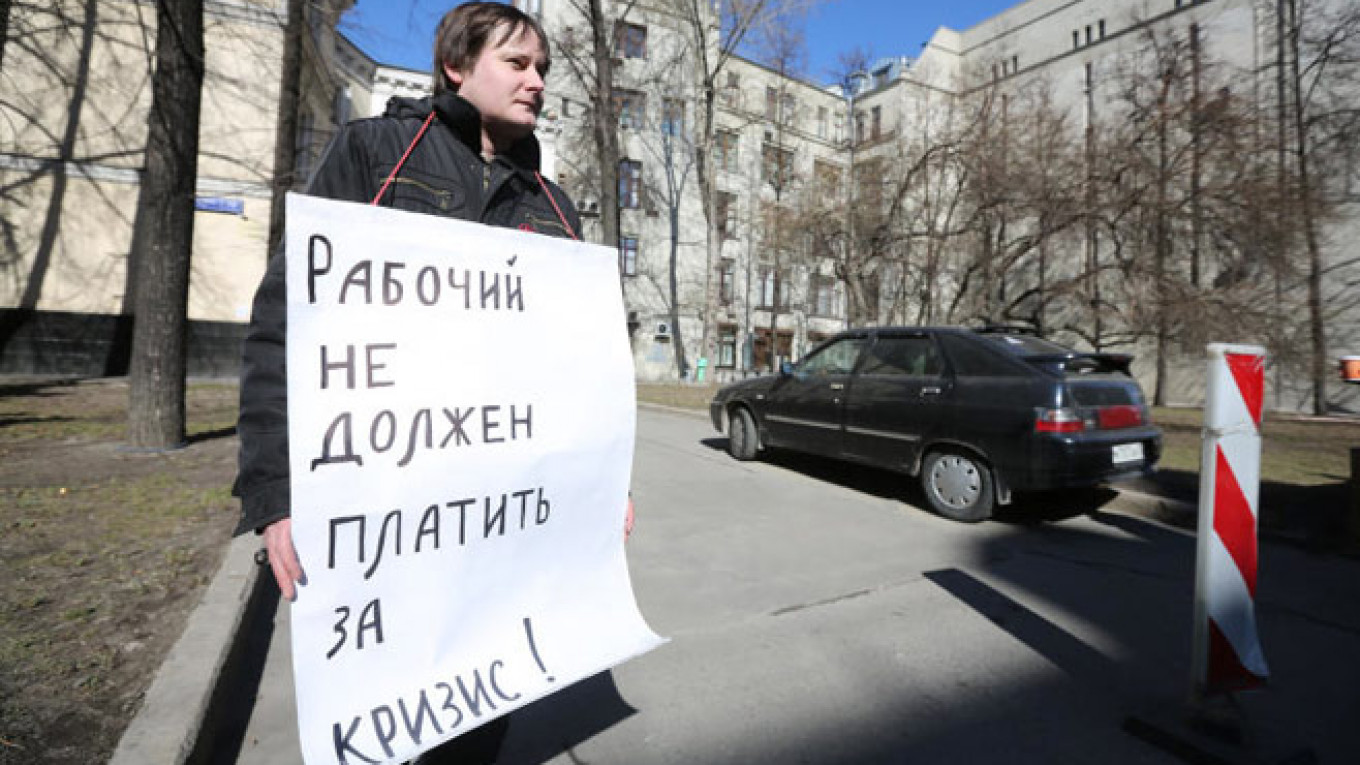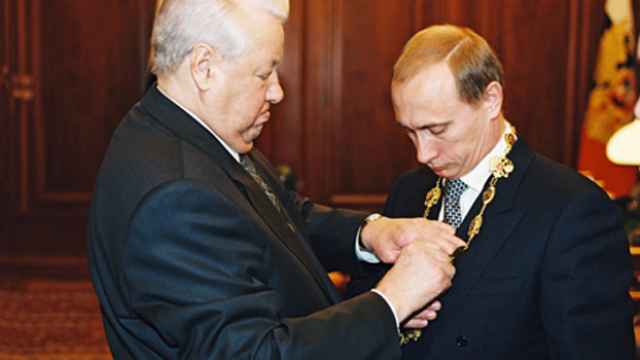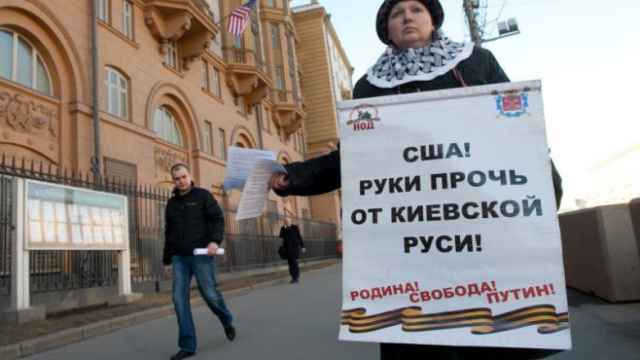The Finance Ministry announced that it will soon reinstate the practice of issuing government bonds to the public. The fact is, many older Russians still remember how "government bonds" were issued during Soviet times, and quite a few of them still have thick bundles of those attractive papers lying in their attics or basements.
The Soviet Union launched an extensive program of government borrowing in the 1930s. The government issued bonds "for defense," "for the needs of the national economy" and "for the needs of the Five-Year Plan." There were even local bonds "for the construction of a neighborhood gymnasium."
The purchase of such Soviet bonds was voluntary in word but obligatory in practice.
Historians say that in the early 1930s, the average Soviet citizen spent the equivalent of two or three months of his annual salary on the purchase of government bonds.
Statistics show that the state earned more money in those years from bonds than from taxes.
And yet, the government essentially defaulted on its obligations, forcibly exchanging the bonds issued at 8 percent interest for new bonds at 3 percent, and extending the repayment period to 20 years.
Then, as everyone knows, war came, and after the war, the government again issued bonds "for the restoration of the national economy."
An interesting practice took shape: newspapers published lists of those who had "won" repayment of their bonds. In other words, each bond was transformed into a sort of lottery ticket, with one in every 1,000, or even 10,000 citizens "winning" back the money they had loaned the government.
As for all the rest, well, they were not so lucky. And everyone perceived it that way as well — that they were simply "unlucky."
And even though every beautifully printed bond note was emblazoned with the Soviet emblem and clearly showed both the nominal value and the date of maturity, everyone knew that the government would never repay that money.
They knew, and yet they held onto those bonds and handed them down from one generation to the next in hopes that a miracle might occur. After all, it was written right there on paper: "10 rubles" or "100 rubles" — it was practically cash!
Finally, the government announced another default in 1998, after which it was shy about borrowing directly from the public.
However, after some time, the braver citizens began depositing their money in private banks, earning up to 15 percent interest per annum at times. And banks began trading in government securities.
But last year, all of those loan sharks were in for a rude surprise: oil prices plummeted even as the West imposed financial sanctions against Russian banks, pushing the ruble down to half of its previous value. That devaluation swallowed up all the profits that investors had hoped to gain. And then banks began failing …
Now the Finance Ministry has decided to kill two birds with one stone. It plans to buoy up the banking system and refill federal coffers by inviting Russians to put money in government-insured bank accounts offering higher-than-market interest rates.
The promise: After just five years depositors will enjoy a hefty return — the state guarantees it!
The Finance Ministry is in a bind: This year it will have to borrow 800 billion rubles ($12.2 billion) on the domestic market, and that total will likely grow to 1.1 trillion rubles ($16.8 billion) next year.
In the past, the ministry could obtain such funds from domestic banks and major companies using federal loan bonds.
However, in the current economic situation, those businesses either do not have the funds or do not want to spend them.
And so, ministry officials have pulled an old tactic out of the Soviet-era playbook.
Actually, many countries offer government bonds to their citizens. But the question is whether the Russian people have enough confidence in their government to purchase them.
That might prove to be problematic this time around.
Andrei Malgin is a journalist, literary critic and blogger.
A Message from The Moscow Times:
Dear readers,
We are facing unprecedented challenges. Russia's Prosecutor General's Office has designated The Moscow Times as an "undesirable" organization, criminalizing our work and putting our staff at risk of prosecution. This follows our earlier unjust labeling as a "foreign agent."
These actions are direct attempts to silence independent journalism in Russia. The authorities claim our work "discredits the decisions of the Russian leadership." We see things differently: we strive to provide accurate, unbiased reporting on Russia.
We, the journalists of The Moscow Times, refuse to be silenced. But to continue our work, we need your help.
Your support, no matter how small, makes a world of difference. If you can, please support us monthly starting from just $2. It's quick to set up, and every contribution makes a significant impact.
By supporting The Moscow Times, you're defending open, independent journalism in the face of repression. Thank you for standing with us.
Remind me later.






